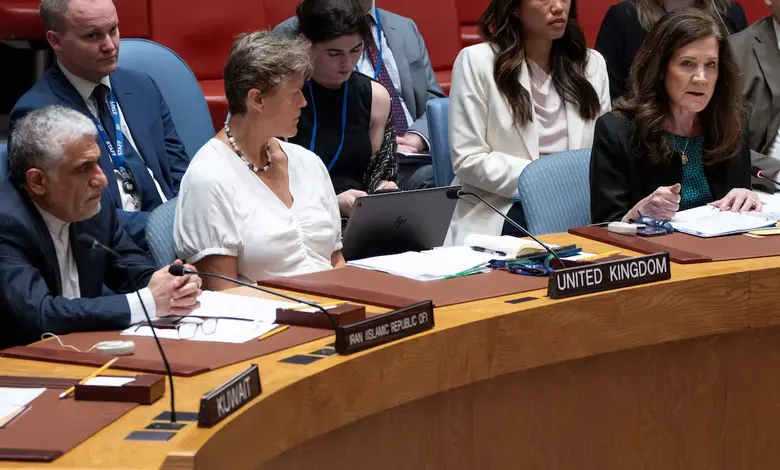UN Security Council Addresses U.S. Airstrikes on Iran’s Nuclear Sites

The United Nations Security Council held an emergency meeting on Sunday to address U.S. military strikes on Iran’s nuclear facilities, with Russia, China, and Pakistan urging the 15-member body to pass a resolution for an immediate and unconditional ceasefire in the Middle East.
U.N. Secretary-General Antonio Guterres described the U.S. bombing of Iranian nuclear sites as a “perilous turn,” warning of heightened regional tensions. He called for urgent action to stop the violence and resume serious negotiations on Iran’s nuclear program.
The U.S. strikes, which President Donald Trump claimed had “obliterated” key Iranian nuclear sites, marked a significant escalation, aligning with Israel’s largest military operation against Iran since the 1979 Islamic Revolution. Iran requested the Security Council meeting, with its U.N. Ambassador Amir Saeid Iravani condemning the U.S. and Israel for undermining diplomacy. He dismissed U.S. allegations as baseless and accused the two nations of manipulating the nuclear non-proliferation treaty as a pretext for aggression.
ALSO READ : U.S. Airstrikes Cripple Iran’s Nuclear Sites, but Full Damage Unclear
Israel’s U.N. Ambassador Danny Danon defended the U.S. actions, arguing they were a necessary “last line of defense” after diplomacy failed. Meanwhile, Russia and China criticized the U.S., with a Russian representative stating the strikes reflected a disregard for lessons from history and would cause suffering across the Middle East.
Australia’s Prime Minister Anthony Albanese expressed support for the U.S. operation on Monday but urged de-escalation and a return to diplomatic efforts. The proposed resolution, condemns attacks on Iran’s nuclear facilities without directly naming the U.S. or Israel. A vote’s timing remains uncertain, as Russia, China, and Pakistan have asked members to submit feedback by Monday evening. A resolution requires nine votes in favor and no vetoes from permanent members the U.S., France, Britain, Russia, or China to pass, though the U.S. is likely to oppose it.
